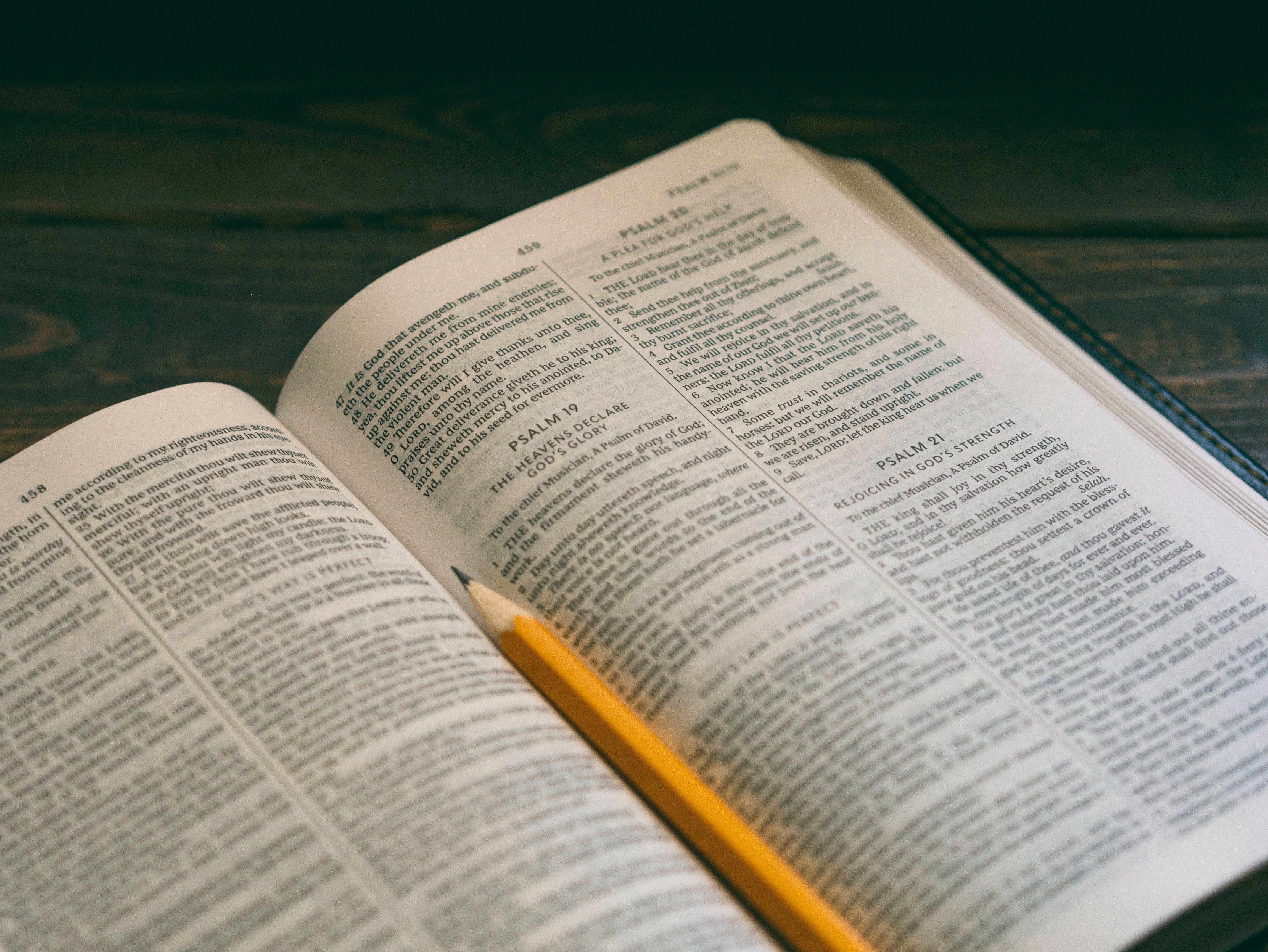The Lost Art of Lament
Mental health is often an avoided topic within church circles. Some unknowingly retreat to spiritual bypassing for answers to those struggling with depression, anxiety, and other mental health issues, making passive responses like: ‘Just give your burdens to God’, ‘Let go and let God’, ‘Don’t allow your emotions to control you’, ‘Don’t act on your emotions’, etc. But rarely do we talk about HOW to process our feelings and experiences with God in a healthy, wholistic way.
The Bible was written in a Middle Eastern/African culture that implemented physical practices to express their internal experience. There are over 30 places recorded in the four gospels in which Jesus expressed human emotion.
- Jesus felt anxiety to the point of sweating blood (Luke 22:42-44)
- Jesus felt frustration (Matt 17: 17)
- Jesus felt anger (John 2:13-17, Ps 69:9)
- Jesus felt exhaustion (Matt 14:13, Matt 6:31, Luke 5:16, John 6:15, John 4:6-7, Mark 4:38)
- Jesus felt grief/sorrow (John 11:33-36, Luke 19:34-38, Is 53:3-4, Matt 26:38)
- Jesus felt compassion (John 8:1-11, Matt 15:32, Matt 9:36)
- Jesus felt weakness (Heb 4:15, Phil 2:5-8)
- Jesus felt shame (Heb 12:2)
- Jesus felt joy (Luke 10:21)
- Jesus felt rejection (Is 53:3, John 7:5, Matt 13:57, John 13:21, John 6:60-66, Mark 14:50)
Many communities have misunderstood the importance of emotions, thinking that they are not meant to feel anger, fear, or frustration because they are expected to lead a victorious life. Some even forbid questioning God, labelling it as ‘unbelief’.
Yet the Psalms—as well as other wisdom books—record many human questions like ‘Why?’ and ‘How long?’ There are reflective questions like, ‘Why do the wicked prosper?’ (Ps 73), and questions arising out of the darkness of human experience: 'O Lord, why do you cast me off? Why do you hide your face from me?’ (Ps 88:14)

There are several different types of Psalms:
- Lamentation or petition psalms are a cry to God from a place of distress, pain, sorrow, or anger, either from an individual (Ps 13, 22) or the community (Ps 74). Laments often begin with the question ‘Why?’ and end in an affirmation of faith in God from the midst of pain. (Ps 35:6, 50:6, 69:28)
- Thanksgiving or praise psalms express thanks and praise to God in response to some action or circumstance in which God’s faithfulness and love has been experienced (Ps 18, 138, 107).
- Hymns and doxology offer praise to God simply for who He is as Creator of the universe and Lord of history (Ps 8, 66,113, 150).
- Liturgical psalms were used in public ceremonies or services of worship (Ps 2, 50, 122).
- Theme psalms are classified according to special themes, such as Creation (Ps 8, 19).
- Messianic psalms are ones that include prophecies about the Messiah (Ps 2, 8, 16, 22, 40, 45, 72, 110, 118).
- Wisdom psalms give instruction and council (Ps 1, 37, 119).
It’s important to remember that the Psalms are people speaking to God from their point of view, trauma, and feelings, it’s not necessarily God speaking to man. They show us that we don’t need to hold back heaviness from God because He sees it all. No matter what it is—anger, sadness, bitterness, joy—He simply wants relationship with us. The Psalms are an invitation to bring our whole humanity before God.
//
We have a human need to articulate our deepest cares and pains. The good news is that God created us this way. The question then becomes: HOW do we debrief our experiences and brokenness with God?
//
God created us to create. Studies have shown that various forms of art are powerful tools in healing. No matter the skill level or experience, when we partake in creative practices, we are actively walking in God’s image as Creator.

Examples of art, their healing benefits, and how they were used throughout ancient times as recorded in Scripture include:
- Movement, dance — Increases emotional self-awareness and social competence, decreases PTSD symptoms, anxiety and depression, improves mood, and activates the ‘mirror neurons’ that help individuals empathise and increase interpersonal connection.
- Scripture describes people using dance to express how they have come out of a season of mourning. They shake off their painful experiences and use movement to set the scene for newness. (Ecc 3:4, Jer 31:4, Ps 30:11-12, Ex 15:20-21, 2 Sam 6:14-17, Ps 150)
- Visual art, craft, handwork — Lowers cortisol levels. Cortisol is released when we experience stress. It suppresses digestive, reproductive, and growth processes. Visual art reduces symptoms of compassion fatigue, helps reduce feelings of shame & denial, helps the externalisation of negative thoughts, decreasing their impact, helps to buffer bad chemical build-up in the brain, and increases functional connectivity of the brain, leading to greater stress resistance.
- Scripture gives many illustrations and metaphors about God through hand-crafted work. This shows us that God can be found in everyday tasks and creative outlets. (Is 64:8, Ex 35:30-35, Eph 2:10, Malachi 3:2, Gen 1:1)
- Music — Re-engages the social engagement system on a neurological level, and allows brain rehabilitation. Singing releases oxytocin, a brain chemical that increases bonding between people, modifies negative emotion, reduces the perception of pain, and lowers anxiety & stress levels.
- People are encouraged in Scripture to make music from the heart. The Psalms show us that grief, anger, wonder, and joy were masterfully expressed through song. Music was often used prophetically as a poetic mouthpiece from God, or theraputically, casting out evil spirits. (Eph 5:19, Ex 15:1, Amos 6:5, 2 Chron 5:13, 1 Sam 16:23)
- Expressive writing — Decreases depressive symptoms & the impact of intrusive thoughts, is self-soothing and boosts self-esteem, boosts immune function and recovery from physical illness. High expressiveness in writing significantly reduces longer-term anxiety levels, and assists in the meaning-making process of traumatic experiences.
- Wisdom literature of the Bible provide beautiful poetic musings, wrestle with questions about the human experience, and express principles of life under God. Wisdom literature include the books of Job, Eccleseastes, Psalms, Song of Solomon, and some scholars include James.
- Meditation, breath — Breathing in a rhythm affects memory and fear responses, increases emotional self-awareness, and decreases PTSD symptoms, anxiety and depression. Study on neuroplasticity suggest that meditation can rewire negative thought patterns, chemical addiction to stress hormones, and train our thoughts to perceive the world through the lens of hope.
- God’s people are commanded to practice Biblical meditation and renew our minds to the Truth. God created the cosmos with His breath, and He breathed life into our lungs. Now our breath and words carry power to speak things into existence. The Holy Spirit is often referred to as the breath of God, who nourishes, guides, heals, and comforts like a mother. (Meditate: Phil 4:8, Josh 1:8, Ps 19:14, Prov 4:20-22, Rom 12:2. Breath: Prov 18:21, Prov 16:24, Ps 33:6, Is 61:1, Gen 2:7, Acts 17:25, Job 33:4)

Just like these sacred rituals found in Scripture, we can use the arts to invite God into our human experience. God gives us beautiful tools and practices to help us externalise our brokenness so that we can walk in healing.
Emotions were created for a purpose. And that purpose is to allow God to gently take us by the hand and lead us into wholeness.
Adapted and shared with permission.
